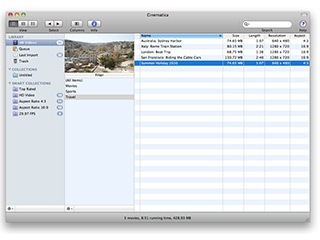There’s still a big divide among employers and employees on the whole concept of bring your own device (BYOD.
Mimecast (http://www.mimecast.com), supplier of cloud-based email archiving, continuity and security for Microsoft Exchange and Office 365, has released findings from a survey of 500 IT professionals and administrators from the 2012 DevConnections conference held in Las Vegas. The survey highlights that BYOD is still a hotly debated enterprise issue and unveiled a divide between employees and the business.
While 47% of respondents find consumerization of IT important to highly important to the enterprise, when asked about the risk BYOD is perceived to bring to the enterprise, 21% said BYOD has been a risk to the business. A separate 26% say their business doesn’t allow employees to use their own device for corporate tasks.
These results shows a significant disconnect; while employees value consumerization of IT, businesses are hesitant due to perceived risks. Half (50.7%) of the same set of IT professionals surveyed called out that employee access to personal devices was a productivity necessity, while only 7.9% said personal devices were detrimental to productivity. Meanwhile, 74% of the respondents emphasized that the enterprise’s biggest mobile challenge was managing information security.
“Employee support for consumerization of IT is in full swing, whether business leaders are ready to admit it or not,” says Orlando Scott-Cowley, senior product marketing manager of Mimecast. “These results show a massive divide between employee sentiment and what the enterprise is actually willing to support when it comes to personal devices. It’s time enterprises fully enable their employees’ productivity by not only supporting the range of mobile and tablet devices, but also providing the solutions that ensures corporate data remains secure.”
The IT professionals that participated in this survey also named the specific personal devices they currently own, with Apple and Android devices leading the pack. Although over half (56.3%) of the respondents indicated they were working on a Windows PC, 87.3% own a device running off the Apple operating system, with 44.5% owning an iPhone and 42.8% owning an iPad. Android mobile and tablet ownership followed, with 51.3% ownership, and Windows and Blackberry devices followed, with 26% and 19.2% ownership, respectively.
It’s clear that organizations that choose to support their employees’ personal devices within a secure environment will measurably increase their business productivity as well as extend their employees’ flexibility. Additionally, the results underline a need for businesses to develop a platform agnostic device strategy that ensures corporate data remains secure.
— Dennis Sellers



